Blog Posts Tagged Technical Content
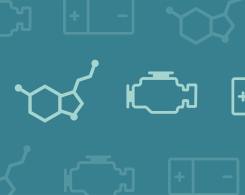
Digital Twins and Model-Based Battery Design
By combining high-fidelity multiphysics models with lightweight models and measured data, engineers can create digital twins to understand, predict, optimize, and control real-world systems.
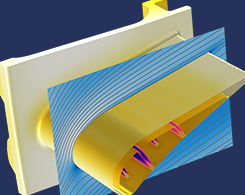
Digital Twins: Not Just Hype
The term “digital twin” has been called everything from just hype to a revolutionary concept. We use a jet engine example to explain the concept of digital twins and how simulation fits in.
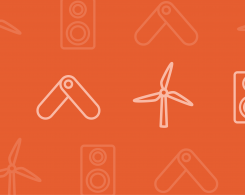
Paper Mechanics and the Benefits of Modeling Paperboard Formation
Get a quick introduction to paper mechanics before guest blogger Eric Linvill discusses modeling a L&W bending resistance test piece for cost-benefit analyses in paperboard production.
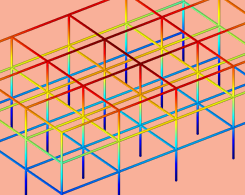
How to Perform Structural Analyses Using Shock Response Spectra
Mechanical engineers: Learn how to find shock response spectra, use combination methods for eigenmodes, perform missing mass correction, and display your results with the COMSOL® software.

How to Model Fundamental Sources in Enclosed Spaces
How do Archimedes, a gold crown, and a bathtub relate to acoustics modeling? Find out in this blog post on modeling fundamental sources in enclosed spaces that will have you shouting “eureka!”
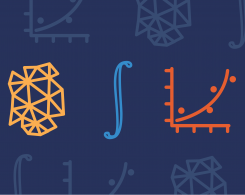
2 Mesh Adaptation Methods: Enabling More Efficient Computations
Why adapt your mesh? For one thing, it helps you solve your computational problems more efficiently. Here, we show you 2 methods for adapting your mesh in COMSOL Multiphysics®.
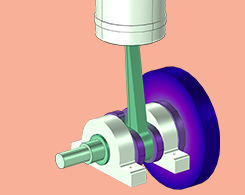
How to Model Fluid Friction in Joints with COMSOL Multiphysics®
Follow along as we demonstrate how to model fluid friction in joints using 2 rotordynamics examples: a piston and a reciprocating engine.
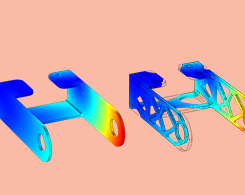
Performing Topology Optimization with the Density Method
The density method simplifies the process of topology optimization. Get an overview of how to use a special density feature for topology optimization in the COMSOL® software.

How to Simulate the Carrier Dynamics in Semiconductor Devices
Learn how to simulate carrier dynamics in semiconductor devices with 2 examples: reverse recovery and forward recovery PIN rectifier models.
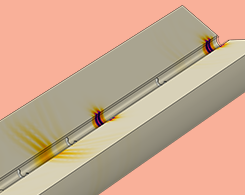
How to Model Piezoelectric Devices as Both Transmitters and Receivers
Certain types of transducers can act as both transmitters and receivers. We demonstrate how to use 2 features for modeling this type of piezoelectric device.

How to Model the Interface Trapping Effects of a MOSCAP
Looking to analyze interface trapping effects in a MOSCAP? Learn how to use a feature in the Semiconductor Module that enables you to add charging and carrier capture/release effects to a model.

FEM vs. FVM
Finite element methods, finite volume methods, or a hybrid approach: Which is the best choice for CFD? It depends on the fluid flow problem you’re trying to solve.
